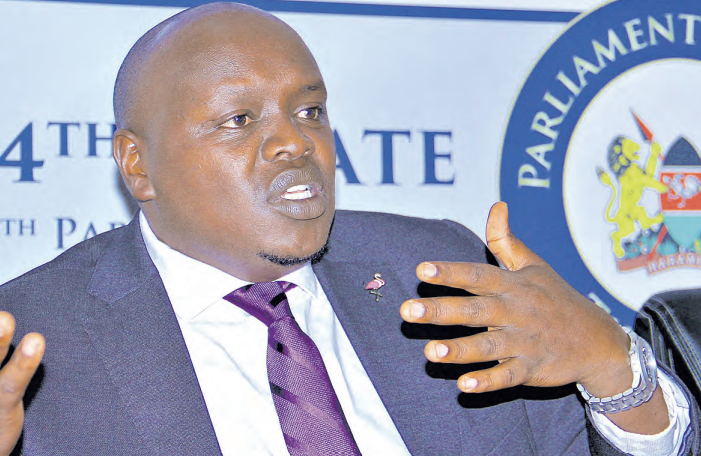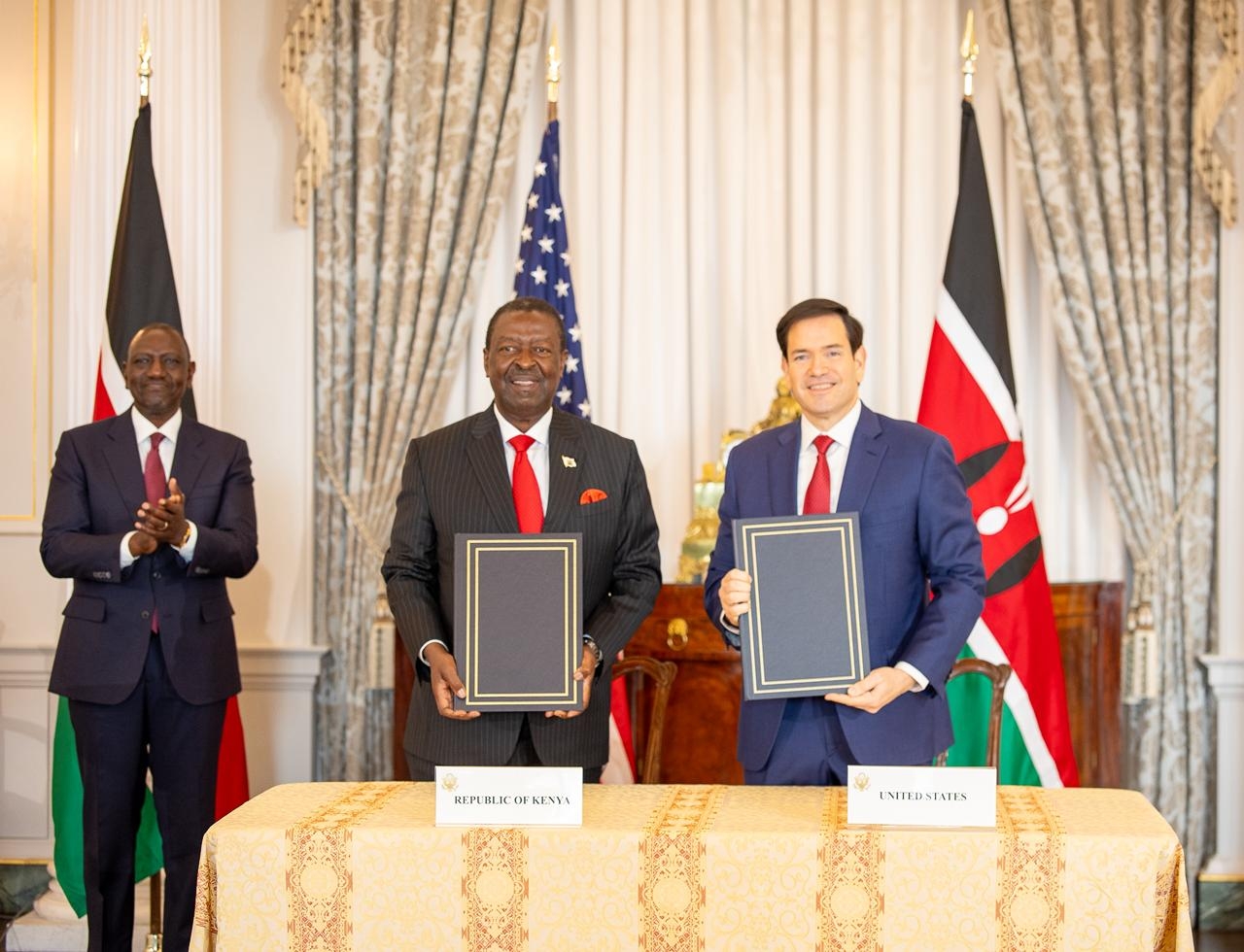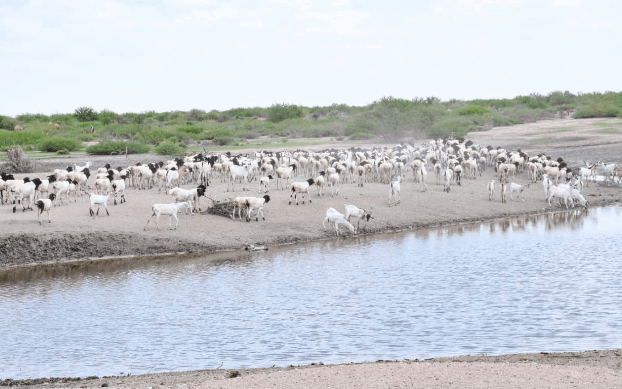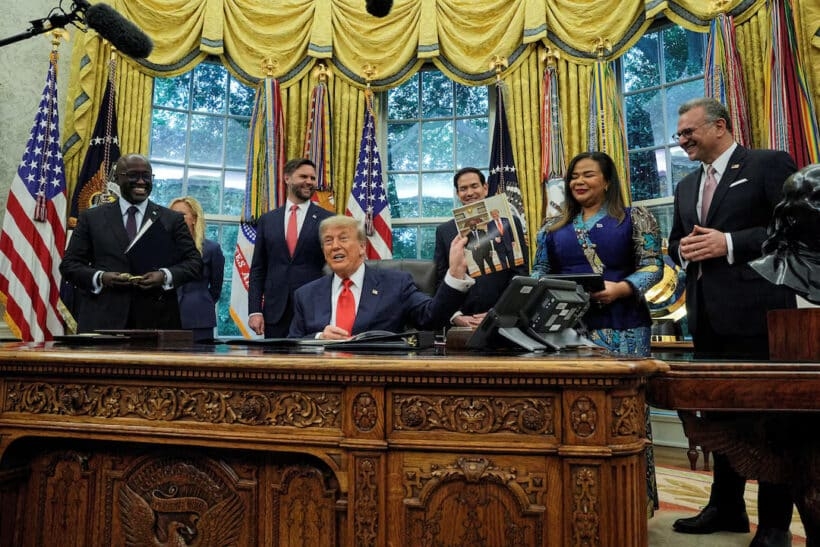
The Bill currently before the Senate, introduced by Senator Samson Cherargei is mostly about giving the Senate more power, including at the expense of the National Assembly. Many appointments would be approved by the Senate, not, as now, the NA.
And Senate would be involved in all law-making – not just affecting counties. It also wants the Senate’s role in overseeing county assemblies clarified (as the wider possible view).
Two quite different proposals have attracted most attention: creating the position of Prime Minister and increasing the period between elections - and thus the term of office of presidents, governors, Members of Parliament and of county assemblies - from five to seven years.
Katiba Institute has been working for some time on the issue of limiting terms and so this piece focuses on that.
Incidentally, could including the seven year term proposal be intended to buy support of the NA (and the President) to the provisions that would expand the role of the Senate?
The Bill would make no change to the number of terms these people could serve. Presidents and Governors could still serve at most two terms. Most of Katiba Institute’s work has been on limits on number of terms.
You could say that though there are risks to democracy in having an unlimited number of terms, there is much less risk in having a limited number of longer terms.
However, Katiba Institute, like a very large number of Kenyans, submitted to the Senate that this would be an objectionable change. Why so?
WHY ELECTIONS?
People elected to office must stand for election again after a few years as a matter of democratic accountability.
They are not allowed to go indefinitely along what the people consider is the wrong course. Do they actually try to carry out the promises they used to get elected? And do they do so competently?
Of course, the fresh vote gives the people the chance to decide that they want a different direction or simply a new person in office and choose someone different. Some people argue that having an election frequently means that leaders may feel compelled to adjust their policies to please the masses rather than doing what they actually think is wisest - so favour a single longer term.
This is a problematic argument – because it makes it easier to disregard the wishes of the people, which is what democracy is about. And, of course, if the government gets more time to do the right thing, they would equally get more time to do the wrong thing. The Senator’s scheme would give the government more time to do the wrong thing.
EXPERIENCE ELSEWHERE
This proposal would give Kenyan Presidents the chance to serve almost longer than anywhere else in the world, other than those who have no limit on the number of terms.
Most commonly, directly elected heads of state have four or five year terms and most often the possibility of serving a maximum of two, if elected twice, of course. Some countries do have longer terms.
The President of Kazakhstan serves for a 7-year term - but only once.
The President of the Philippines serves for just 6 - like Duterte who conducted a murderous war on drugs during his six years.
Two groups of countries allow Presidents to serve longer terms – and more than two of them. They include Burundi: two 7-year terms, Cameroon: unlimited 7-year terms; Central African Republic: unlimited 7-year terms; Egypt: two 6-year terms; Equatorial Guinea: two 7-year terms. In Tajikistan and Uzbekistan the Presidents can serve up to two 7-year terms; and in Turkmenistan may be elected without limit to 7-year terms. Is this the sort of club we want Kenya to join?
In most parliamentary systems, the head of government (Prime Minister) has no limit on the number of terms they may be elected for.
But Prime Ministers may be more easily removed from office than executive presidents.
A simple majority of MPs is often enough to remove them. Presidents usually can be removed only by impeachment – a more formal process designed to be difficult. We should look at this issue in light of Kenyan realities.
There is little faith in the election system. Even people who do not believe there was actual fraud may be doubtful about the quality of the management of the system. So the Bill’s plan is to have people in office as the result of a questionable (or questioned) process, for even longer.
And while people often talk about elected politicians fulfilling their promises to the people of Kenya, there are many such politicians who see public office as being something primarily to enrich the holders –not benefit the people. Again, limiting the number of years for snouts in the trough would seem appropriate.
A few countries limit the number of terms lawmakers may serve – not necessarily a good idea, but a topic for another day.
THE THIN END OF THE WEDGE
Is there a risk that extending the terms as proposed in this Bill might be a first step towards also removing limits on number of terms, making possible something like presidency for life? It is often puzzling that electorates continue to elect people who have not performed with any distinction.
Apart from rigging, may electorates too easily get to think that having a certain person in office is the natural order of things?
Take Cameroon. A 91-year old President disappears overseas for some weeks (as he regularly does). When he reappears he is enthusiastically welcomed at the airport. Why do they re-elect him? People need to be educated into democracy.
They need to develop the habit of scrutinising government, and of voting. Four or five years seems to be a workable interval between elections.
Many examples show this. Again long periods in office may lead to a sense that the office holder will never go.
The sorts of revolution that overthrow leaders occur when the leaders have been there for a long time. Elections with the possibility of kicking out someone who has come to be resented, even hated, are actually a factor for stability. The space between elections should not be too long.
TWO OTHER OBJECTIONS
This Bill includes the required section called “Memorandum of Objects and Reasons”.
But, like many, it gives neither objects or reasons but merely a slightly simpler summary. On this issue it says things like“The Bill additionally proposes to amend Article 101 to extend the term of a Member of Parliament from five years to seven years”. No word of justification. It is strange that it is possible for a Bill to change the constitution (or any other law) to reach Parliament without any supporting documentation. Secondly, the existing elected officials came to Kenyans and said “Please vote for us/me for a term of 5 years.”
This Bill proposes a departure from what you might say was a covenant between these officials and the people. Unilateral extension of the terms is a grave and self-centred change, and surely a violation of Article 73 on conflicts between duty and self-interest.
FINALLY
Article 255(1) (f) requires that altering the term of the President requires a referendum. Almost certainly there will be claims that the whole bundle affects the national value of good governance – Art. 10 (2) (c) - and so needs a referendum. If so, the people would decide – were Parliament so unwise as to pass it.
We believe that retaining the current limits is important for better governance, equal opportunity to serve
in government, curbing patronage
politics, curbing a drift to authoritarianism, better accountability and
political stability, and will advance
Kenya’s constitutional values and
principles, as well as having strong
support from the people.
















